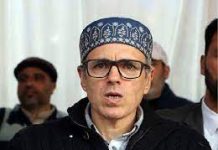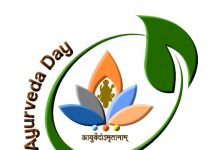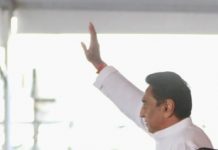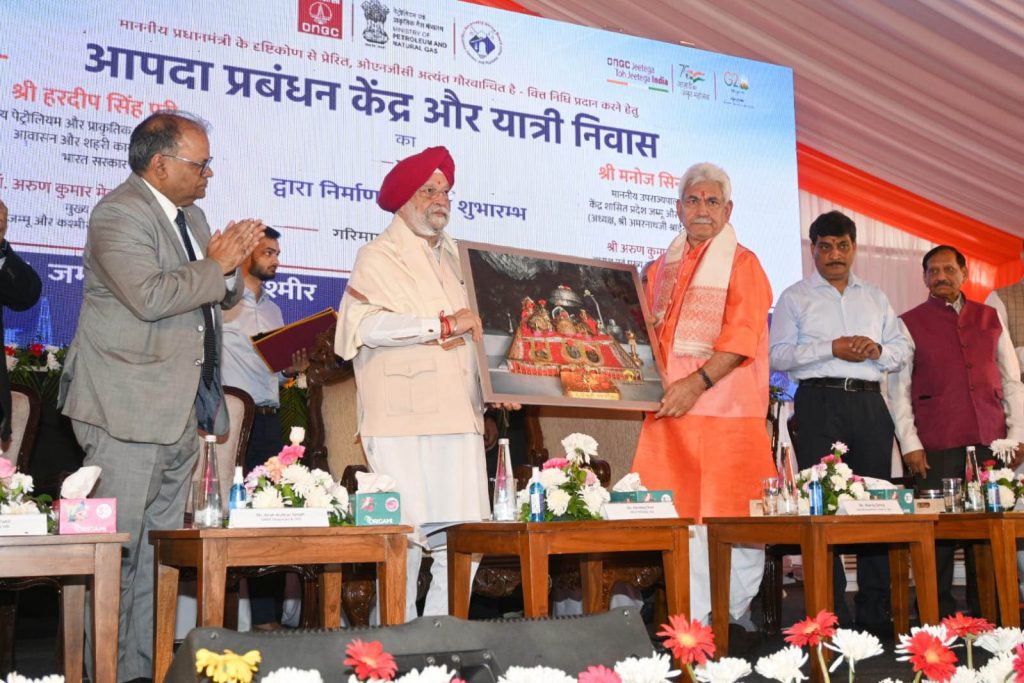
The protracted delay in conducting polls has caused widespread resentment among the people. Though the Centre has passed the buck to ECI arguing the responsibility for holding elections lies with the latter, political parties take this explanation with pinch of a salt, writes Riyaz Wani
During his visit to Jammu on June 6, Union Minister Hardeep Singh Puri highlighted the progress made in Jammu and Kashmir, attributing it to improved law and order and security situations. Puri also emphasized the significant infrastructure development in Jammu and Kashmir since the abrogation of Article 370 and Article 35A. However, when asked about the Assembly elections, Puri vaguely mentioned that the region is going through a transition phase, leaving the decision up to the people themselves.
Jammu and Kashmir has been without an Assembly since November 2018 when the legislative assembly was dissolved by the then-governor Satyapal Malik. The imposition of governor’s rule in June 2018 followed the BJP’s withdrawal from the PDP-BJP coalition government led by Mehbooba Mufti.
The last Assembly elections in Jammu and Kashmir took place in 2014. The current Assembly term was originally set to end in 2020 but was extended by the central government in 2019. Despite this extension, the central government has not yet announced a date for the next Assembly elections in the union territory.
After fresh delimitation last year, the new Jammu and Kashmir Assembly has 114 seats, of which 24 are in Pakistan-occupied Kashmir. Of the rest 90 where elections could be held, 47 are in the Kashmir Valley and the rest 43 in the Jammu region.
The BJP public outreach
The BJP recently organized a series of rallies in Jammu and Kashmir to showcase what it perceives as the achievements of its nine-year rule at the Centre. The party highlighted unprecedented development in the region, but conspicuously avoided addressing the pressing question of holding Assembly polls.
Considering the fresh delimitation that gave six more seats to Jammu, the BJP is likely to play a dominant role in the elected government in J&K in future. So its reluctance to hold polls in the union territory is seen as intriguing by many.
The party argues that the responsibility for holding elections lies with the Election Commission of India (ECI). However, the local parties take the BJP’s defence with a pinch of salt, accusing the party itself of delaying the polls.
“The election commission should respond to this question (about when the election will be held in J&K). We want to hear it from the election commission,” former J&K Chief Minister Omar Abdullah said. “The Chief Election Commissioner said there is a vacuum in J&K and that vacuum needs to be filled. If the CEC realizes that there is a vacuum in Jammu and Kashmir due to the lack of elections, why is he not fulfilling it?”
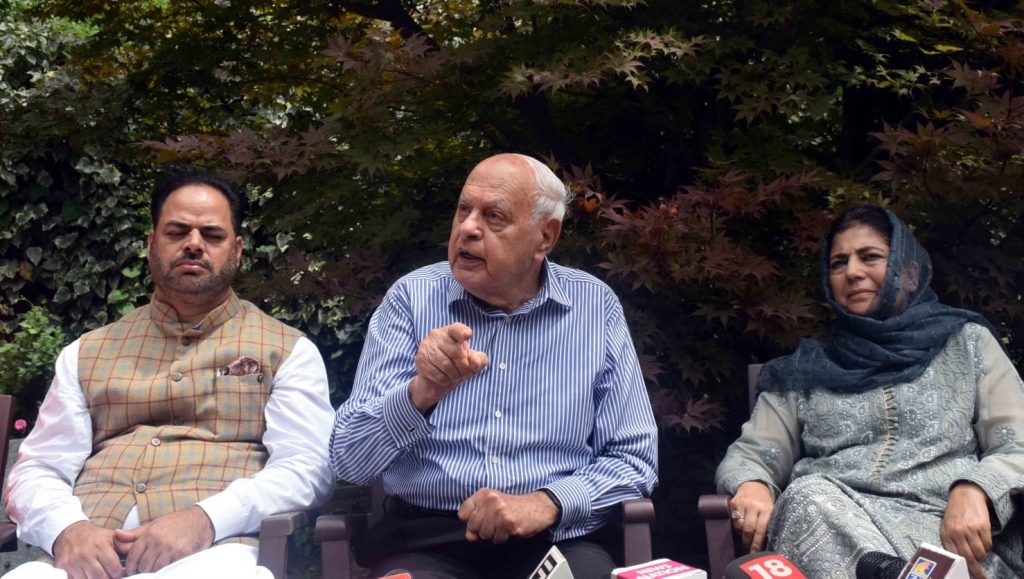
Omar pointedly asked the Election Commission as to what were its “compulsions” for not holding elections. “Let the ECI show courage and tell why they are not holding the polls,” he said.
On the other hand, the J&K Peoples Conference (JKPC) led by Sajad Lone, has expressed anguish over denial of democracy in the union territory, saying it had been relegated to mere “tokenism”.
“It is with great sorrow that we observe the continuous denial of democracy and statehood in J&K. It is disheartening that amidst a population of 1.4 billion people in our nation, not a single soul outside the state seems visibly perturbed by the denial of democracy and statehood to J&K,” the party said following a meeting in Srinagar.
Memorandum to ECI
On March 6, 2023, a delegation comprising representatives from all political parties, led by Dr. Farooq Abdullah, met with the Election Commission of India, urging it to fulfill its constitutional obligation and hold the assembly elections in Jammu and Kashmir. The delegation stressed that any further delay or denial of elections would infringe upon the democratic rights of the people.
The political leaders also submitted a memorandum to the ECI, in which they called for the restoration of the democratic process in the UT. The memorandum also mentioned that union home minister Amit Shah has stated many times that the government is ready to facilitate assembly elections, but final call has to be taken by the Commission.
Significantly, the signatories of the memorandum included Abdullah, Congress national president Mallikarjun Kharge, CPI (M) general secretary Sitaram Yechury, NCP chief Sharad Pawar and other senior leaders of national political parties. Other signatories were DMK, TMC, CPIM, RJD, SP and AAP. They have also decided to visit Srinagar in May to assure people of their support. This was the first such attempt by leaders from Jammu and Kashmir to seek support from opposition parties from across the country for the restoration of statehood and democracy in the region. And this initiative followed immediately after Abdullah rallied opposition leaders from Jammu division where they decided to jointly approach the poll panel.
But the ECI gave no specific timeline to the delegation for the election, although it assured them of its seriousness to hold the exercise.
BJP’s reassurance
BJP secretary Arun Chugh accused the regional political parties of sowing confusion about the polls saying the Panchayat and District Development Council polls have already been held in the union territory.
But another leader Ashok Kaul, however, batted for Assembly polls saying the Assembly is the only forum to make laws which the local bodies or district development councils (DDCs) cannot.
“Assembly is a forum where laws are made. A DDC chairman will not make laws, panchs will not make laws,” General Secretary (organisation), J&K BJP, Ashok Kaul, told reporters.
But nothing appears set to change on the ground. More so, when the only excuse that the union government peddled to justify postponement of elections in the UT- the fresh delimitation of the electoral constituencies – no longer exists. In May 2022, the Delimitation Commission completed the task of redrawing the electoral map of Jammu and Kashmir. Subsequently, the ECI also worked on the revised voter list, which was published in November 2022, adding over seven lakh new voters. Despite these developments, the Assembly elections have not been scheduled, leading various political parties to exert pressure for the polls to be held.
The protracted delay in conducting the polls in Jammu and Kashmir has caused widespread resentment among the people. Although the central government has time and again expressed its intention to hold the elections as soon as possible, there is no clear timeline for when that will happen.
Around nine Assembly elections are scheduled to be held in the country before the general elections. Among them, the elections in Chhattisgarh, Madhya Pradesh, Rajasthan and Telangana will be very crucial. But J&K is not one of them.
“The centre has maintained a studied silence on the issue,” said a local political analyst not wanting to be named. “The occasional utterance by a senior BJP leader has passed the buck on to the ECI. The ECI, in turn, has gone silent on the issue. So, nothing is likely to change.”.







